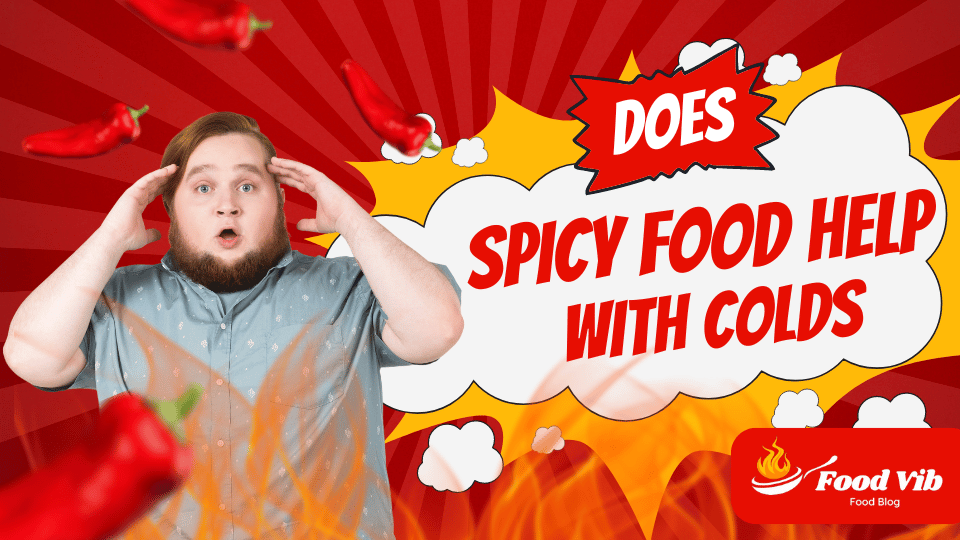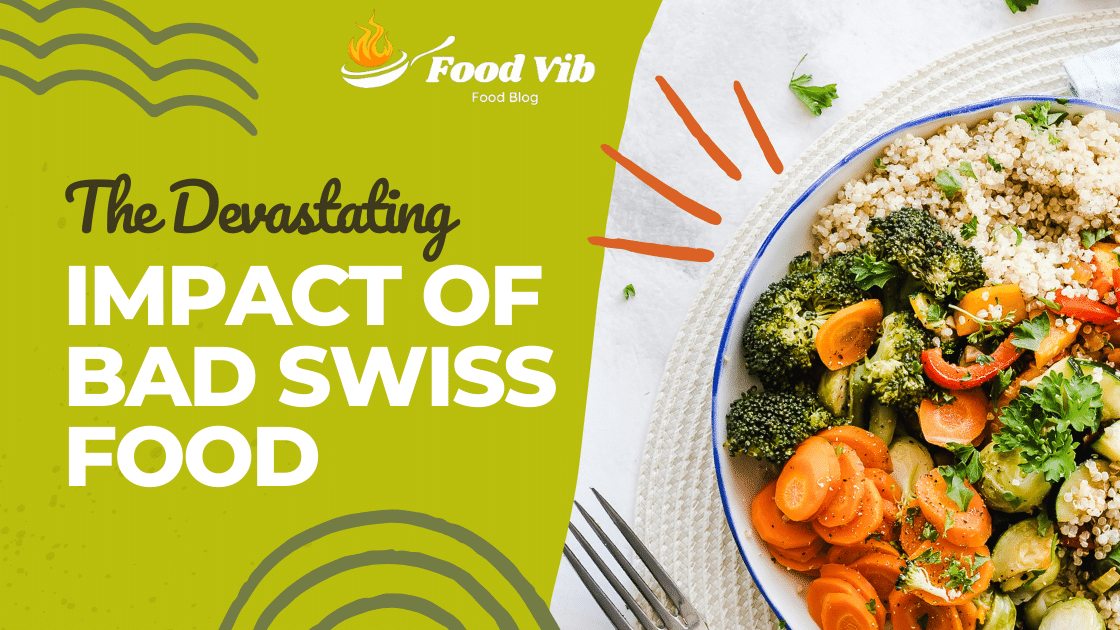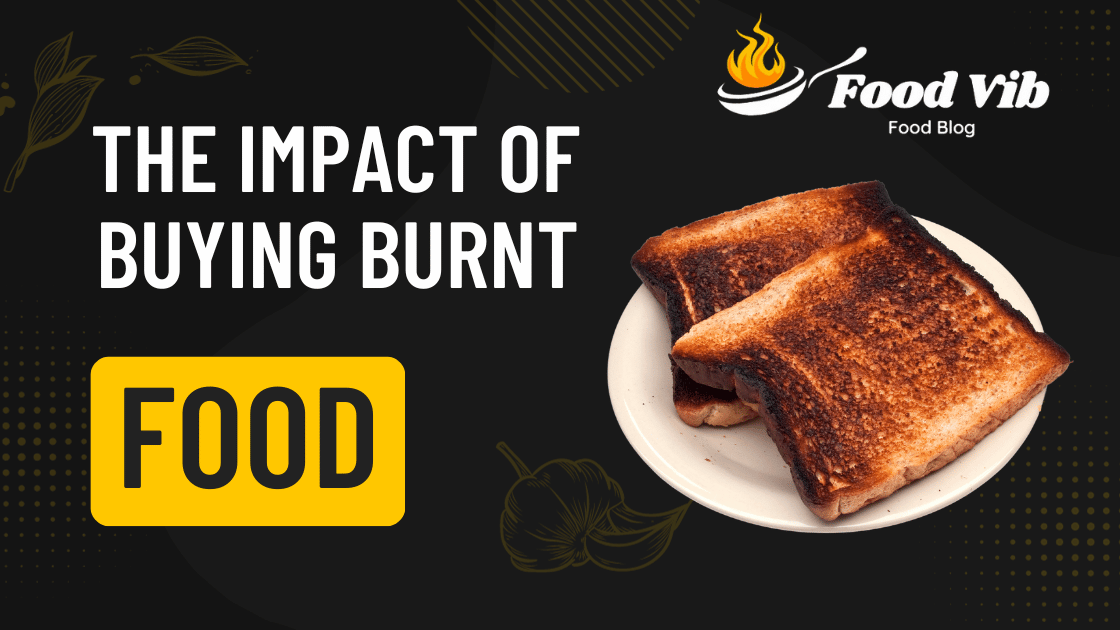Does Spicy Food help with Colds

The association between spicy food and colds has been a matter of curiosity for many, with some claiming that ingesting spicy cuisine might help ease symptoms. While spicy foods may give brief comfort by helping to cleanse nasal passages and stimulate perspiration.
Their usefulness in treating colds remains a matter of disagreement among doctors. Understanding the possible advantages and limits of spicy foods in controlling cold symptoms may give insight into their function in supporting general well-being during times of sickness.

Does Spicy Food help with Colds
Spicy cuisine has long been connected with different health advantages, including its capacity to ease symptoms of the common cold. However, the degree to which spicy cuisine may aid with colds remains a topic of controversy. In this detailed examination, we will analyze the association between spicy food intake and cold alleviation, analyzing both the scientific data and popular opinions.
1. The Therapeutic Potential of Spices:
- Spices such as chili peppers, ginger, garlic, and turmeric are recognized for their antioxidant, anti-inflammatory, and antibacterial qualities.
- Capsaicin, the chemical responsible for the spiciness in chili peppers, has been examined for its ability to reduce nasal congestion and increase sinus discharge.
- Ginger and garlic include substances like gingerol and allicin, respectively, which offer antibacterial qualities that may help treat cold-causing germs.
2. The Impact of Spicy Food on Cold Symptoms:
- The heat from spicy food might increase the release of mucus, perhaps cleaning nasal passages and reducing congestion briefly.
- Capsaicin may promote the production of endorphins, offering a modest analgesic effect that might help symptoms including sore throat and headaches.
- Some persons sense a subjective sensation of warmth and comfort after ingesting spicy food, which may give psychological relief from cold symptoms.
3. Scientific Evidence:
- Limited clinical studies have studied the direct impact of spicy food on cold symptoms, with most research focused on particular spice components.
- A 2015 research published in the British Journal of Nutrition indicated that ingesting chili peppers was connected with a lower risk of death from respiratory disorders, indicating possible advantages for respiratory health.
- However, solid data indicating a direct relationship between spicy food intake and cold symptom improvement is absent, underlining the need for future studies.
4. Potential Drawbacks and Considerations:
- While spicy food may give short relief for certain cold symptoms, it may also increase others, such as heartburn and gastrointestinal pain, especially in persons with sensitive stomachs.
- Excessive intake of spicy food may lead to irritation of the digestive system, aggravate existing gastric disorders, or produce acid reflux, outweighing any possible advantages for cold relief.
- The subjective nature of taste perception implies that people may react differently to spicy food, with some finding it pleasant while others suffer discomfort.
5. Cultural and Folk Remedies:
- Spicy cuisine has been utilized historically in numerous cultures as a cure for colds and respiratory problems, indicating broad beliefs in its healing effects.
- Folk cures commonly add spices to hot soups, teas, and broths, which are considered to bring warmth and comfort during sickness.
- While cultural traditions might give insights into the perceived advantages of spicy cuisine for cold treatment, they may not necessarily correlate with scientific data and clinical effectiveness.
6. Practical Recommendations:
- Incorporating modest quantities of spicy food into the diet may give temporary relief for nasal congestion and mild cold symptoms, but it should not substitute conventional therapies or medical guidance.
- Individuals with pre-existing gastrointestinal disorders or sensitivity to spicy meals should exercise care and avoid excessive intake.
- Maintaining a balanced diet rich in fruits, vegetables, and immune-boosting elements is vital for general health and resilience against colds and other ailments.
While spicy cuisine has been widely promoted as a treatment for colds, its real therapeutic value remains unknown. While some evidence supports possible advantages for treating specific cold symptoms, definitive scientific study is lacking. Moreover, individual sensitivities to spicy food vary, and excessive intake may lead to harmful consequences.
Therefore, although integrating modest quantities of spicy food into the diet may bring temporary relief for some people, it should be treated with care and should not substitute conventional therapies or medical guidance. Further study is required to explain the function of spicy food in cold alleviation and its possible consequences for respiratory health.
Must Read: A Guide to Burnt Foods and Their Calorie Content
How Effective is Spicy Food in Treating Colds?
In the domain of home cures for common diseases, spicy food has long been suggested as a viable treatment for reducing symptoms of the common cold. But how effective is it? Can something as basic as adding a little of heat to your meals truly aid in battling the cold virus? In this detailed guide, we look deep into the science behind spicy cuisine and its alleged advantages in curing colds.
Understanding Spiciness
Before we dig into the possible medical effects of spicy food, it’s necessary to understand what gives certain foods their distinctive heat. The sense of spiciness is mostly attributable to a chemical called capsaicin, which is present in variable amounts in spicy peppers such as jalapeños, habaneros, and cayenne. When eaten, capsaicin attaches to receptors in the mouth and throat, generating a sense of heat.
The Therapeutic Potential of Spicy Food
While the main purpose of spicy food is to stimulate the taste receptors, current research shows that it may deliver more than simply gourmet pleasure. One area of interest is its possible antimicrobial capabilities. Studies have demonstrated that capsaicin, the main ingredient in spicy peppers, has antibacterial and antiviral effects, making it a good option for fighting infections, including those linked with the common cold.
Antiviral Properties of Capsaicin
Research undertaken on the antiviral properties of capsaicin has given encouraging findings. Research published in the Journal of Infectious Diseases and Therapy discovered that capsaicin displayed inhibitory effects against rhinovirus, the principal culprit behind the common cold. By targeting the viral replication process, capsaicin may help lessen the length and intensity of cold symptoms.
Immune-Boosting Effects
Furthermore, spicy meals are typically high in antioxidants and vitamins, such as vitamin C, which play vital roles in boosting the immune system. Consuming a diet rich in these nutrients helps enhance the body’s defenses against viral illnesses, including the common cold. Additionally, the heat created by spicy food may assist remove congestion by stimulating mucus production, offering relief from nasal congestion and sinus pressure.
Incorporating Spicy Food into Your Cold-Fighting Arsenal
While spicy food may provide potential advantages in curing colds, it’s crucial to approach its intake with care, particularly for persons with sensitive stomachs or acid reflux. To gain the potential advantages without increasing digestive difficulties, try mixing milder spices such as ginger and turmeric into your meals.
Spicy Remedies for Cold Relief
For those courageous enough to embrace the heat, here are a few spicy cures to help ease cold symptoms:
- fiery Chicken Soup: Infuse your favorite chicken soup recipe with fiery peppers and fragrant spices for a cozy but stimulating supper.
- Hot Ginger Tea: Brew a calming cup of ginger tea with a dash of cayenne pepper to help remove congestion and soothe sore throats.
- Spicy Vegetable Stir-Fry: Stir-fry your favorite veggies with a spicy sauce prepared from chili paste, garlic, and soy sauce for a healthful and tasty dinner.
While greater study is required to completely understand the therapeutic potential of spicy food in treating colds, available data shows that it may give some relief from symptoms and contribute to overall immunological function. By introducing spicy meals into your diet in moderation, you may be able to harness the inherent healing powers of these delectable ingredients.
Must Read: The Impact of Spicy Food on Your Head Itch Learn Now
10 Spicy Foods That Can Help Fight Colds
In the world of gastronomic pleasures, spicy foods occupy a particular position not just for their tempting tastes but also for their possible health advantages. Among these advantages lies a particularly fascinating proposition: might spicy foods assist in the struggle against the common cold? Let’s go on a savory adventure to learn the truth behind this spicy phenomenon.
Understanding the Power of Spices
Spices have been a vital element of human food for ages, recognized not just for their capacity to improve flavor but also for their therapeutic effects. The active compounds present in many spices contain antimicrobial, anti-inflammatory, and immune-boosting characteristics, making them potential allies in the battle against infections, including the common cold.
Capsaicin: The Champion Compound
At the head of this spicy arsenal is capsaicin, the bioactive compound responsible for the heat in chili peppers. Studies have indicated that capsaicin has antiviral capabilities, which may help treat cold-causing viruses by blocking their proliferation inside the body. Furthermore, capsaicin’s propensity to induce mucous secretion might assist in flushing out bacteria from the respiratory system, thereby lowering the intensity and duration of cold symptoms.
Must Read: Why Does Spicy Food Make You Hiccup
Top 10 Spicy Foods for Cold Prevention
Now that we appreciate the possible advantages of spicy meals, let’s look into the top 10 candidates that may spice up your defense against the common cold:
1. Chili Peppers
At the zenith of fiery gluttony, chili peppers rule supreme. Packed with capsaicin, these spicy pleasures not only add heat to recipes but also unleash a rush of immune-boosting benefits.
2. Ginger
Renowned for its anti-inflammatory and antioxidant characteristics, ginger not only adds flavor to dishes but also gives relief from cold symptoms by easing sore throats and reducing nasal congestion.
3. Garlic
A cornerstone in culinary cultures worldwide, garlic possesses significant antimicrobial characteristics that may help fight off cold-causing viruses and germs, while also strengthening general immune function.
4. Horseradish
This spicy root vegetable includes allyl isothiocyanate, a chemical recognized for its antibacterial effects. Incorporating horseradish into your diet may help cleanse sinuses and ease cold symptoms.
5. Turmeric
Rich in curcumin, turmeric contains anti-inflammatory and antioxidant characteristics that may assist in lowering inflammation and boosting immune health, making it a great addition to any spicy repertoire.
6. Cayenne Pepper
Compared to chili peppers, cayenne pepper contains capsaicin, having comparable advantages for treating colds and increasing immune function. Its hot heat adds depth of flavor to recipes while offering a nutritious punch.
7. Cinnamon
Beyond its fragrant attractiveness, cinnamon possesses antimicrobial characteristics that may help fight off infections, including those responsible for the common cold. Sprinkle it generously to add warmth and health to your dishes.
8. Black Pepper
A prevalent spice in kitchens worldwide, black pepper includes piperine, a substance recognized for its anti-inflammatory and antioxidant qualities. Embrace its gentle heat to magnify both taste and health benefits.
9. Mustard Seeds
These small seeds pack a strong punch, carrying antibacterial chemicals that may help fight cold-causing germs. Incorporate mustard seeds into sauces, marinades, or pickles for a tangy kick.
10. Wasabi
Famed for its sinus-clearing effectiveness, wasabi includes antimicrobial chemicals that may help treat respiratory infections. Enjoy it with sushi or as a spicy condiment to excite your taste senses and your immune system.
Must Read: How to Cook Frozen Vegetables in Air Fryer
Embracing Spice for Wellness
As we navigate the search for optimum health, including spicy foods in our diets emerges as a tasty and possibly helpful technique. While no one meal can single-handedly fight against the common cold, the bioactive compounds present in spicy foods may give vital help in building our immune systems. So, let’s embrace the fiery attraction of spices and relish their ability to spice up both our food and our well-being.
Conclusion
There is no solid scientific evidence to support the assumption that spicy food helps with colds. While some individuals may enjoy momentary relief from congestion owing to the heat of spicy meals, there is no meaningful influence on the length or severity of cold symptoms. Overall, depending on spicy food as a treatment for colds is not supported by scientific studies.
Must Read: How Long to Cook Cube Steak in Frying Pan
FAQS (Frequently Asked Questions)
Does spicy food help sore throat?
Spicy food might worsen a sore throat owing to its irritating effects, however, some individuals find brief relief from congestion.
Does spicy food help for the flu?
While spicy food might help clear sinuses and give temporary comfort, it doesn't cure the flu or treat its underlying causes.
Can I eat spicy food when I have a cough?
Spicy food could worsen a cough owing to its irritating qualities, perhaps leading to extra pain.
Does spicy food help with sore throat?
While some folks think spicy food helps reduce sore throat symptoms by stimulating mucus flow, it's not a suggested cure and may potentially aggravate pain for others.
Spicy food for cold and cough: Is it effective?
While spicy foods may give temporary relief by cleaning sinuses, they don't cure the fundamental cause of the cold or cough.
Does spicy food help with colds according to Reddit?
Opinions on Reddit differ, but the majority goes towards spicy food offering temporary respite rather than curing colds.
Does spicy food help with cold weather?
Spicy food may provide a sense of warmth but doesn't have a substantial influence on one's susceptibility to cold weather-related diseases.
Does spicy food help runny nose?
Spicy food's heat may promote mucus production and temporarily soothe a runny nose, but it doesn't treat the underlying cause of the disease.
What are the worst foods to eat when you have a cold?
Foods that are extremely hot, oily, or sweet may increase cold symptoms, so it's better to pick healthy, easy-to-digest choices instead.





